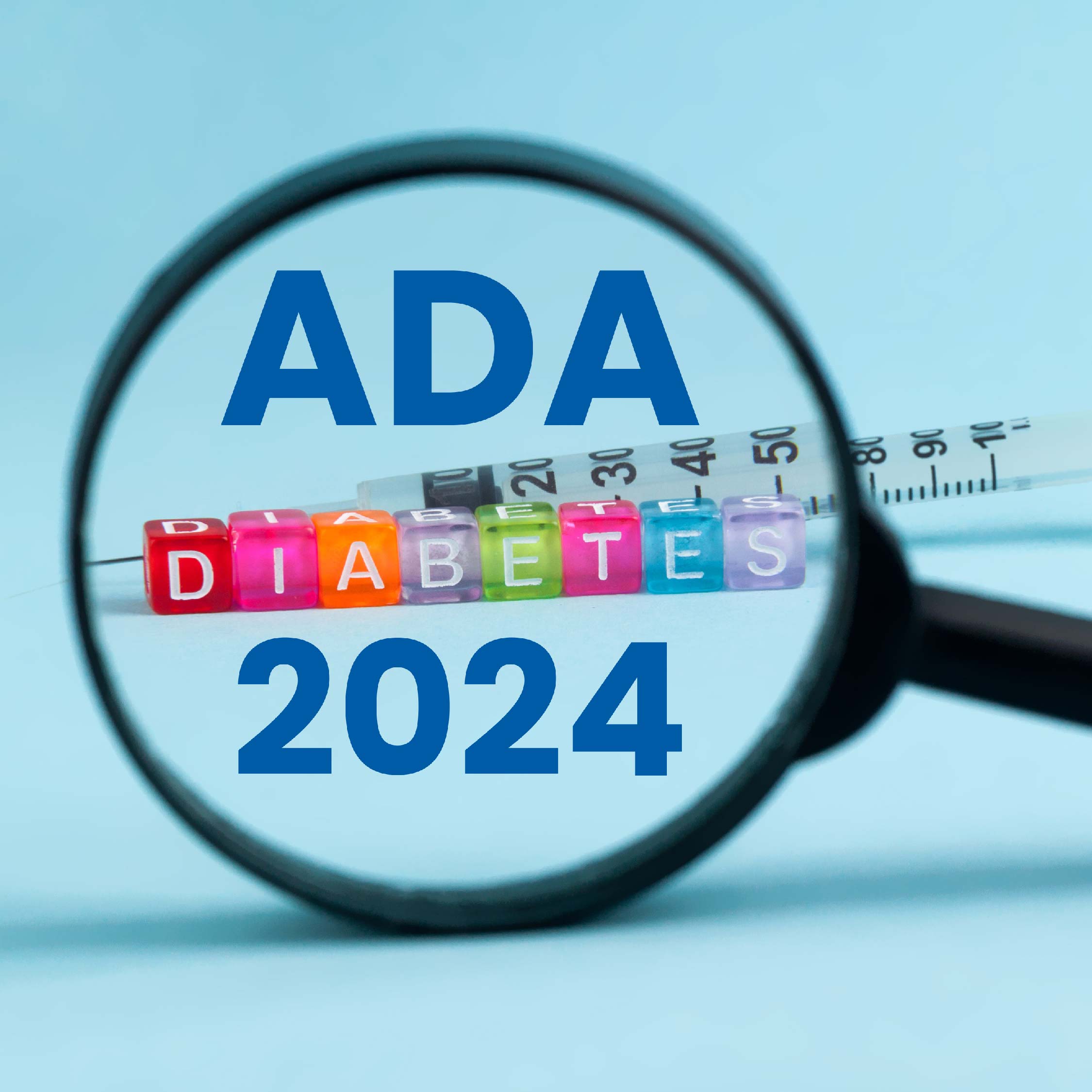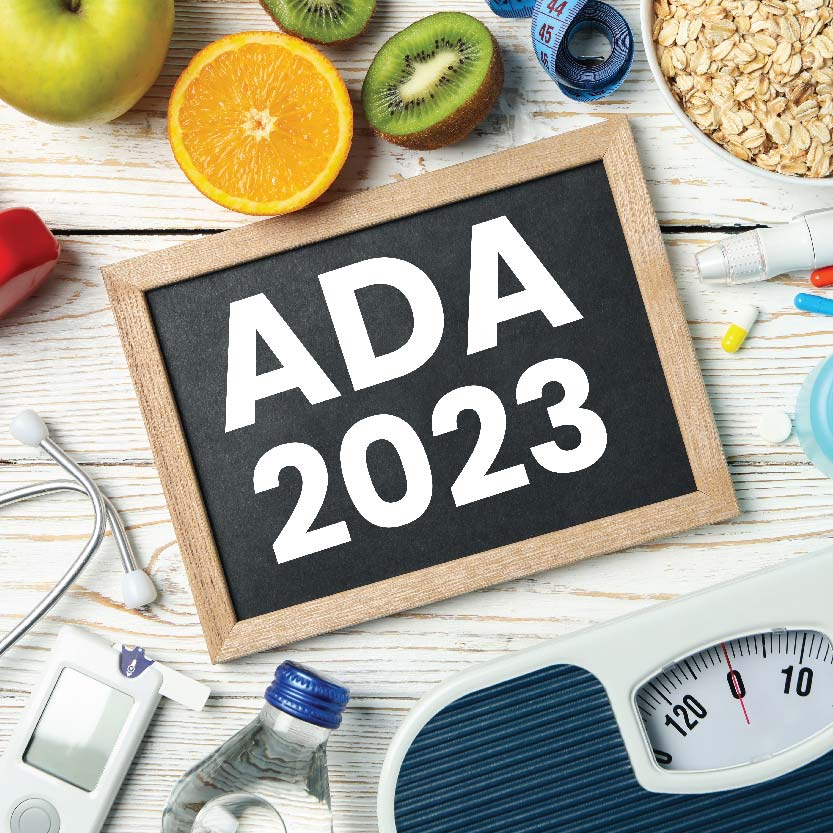ADA 2024: Ambulatory Blood Pressure Monitoring among Type 2 Diabetes Mellitus Patients in India—A Prospective Observational Study
Type 2 diabetes mellitus (T2DM) significantly raised the risk of hypertension (HTN). Around 35-75% of diabetes-related complications were associated with HTN. Traditional methods for measuring HTN, such as single-office blood pressure (BP) readings, could be inaccurate and might not detect masked HTN or irregular nighttime BP patterns. This multicentric, cross-sectional study aimed to evaluate various BP parameters in Indian patients with T2DM. A total of 229 T2DM patients were included in the study, with a mean age of 56.8 years (range: 17-88 years) and 139 of them being men. These patients had normal clinical BP readings (<140/90 mmHg) and were visiting doctors for routine T2DM management over six months. Patients were then referred for a 24-hour ambulatory blood pressure monitoring (ABPM). The ABPM device was attached to patients during a routine clinic visit and collected the following day. The resulting ABPM reports were sent to the treating doctors, and data was analyzed using an Excel spreadsheet. HTN, defined by elevated 24-hour mean, daytime, or nighttime blood pressure, was detected in 138 patients (60.27%) who were normotensive during office visits. Most of these were female patients (n=45) and/or aged over 60 years. Among the 229 patients, nocturnal BP patterns were as follows: 66 patients (28.8%) were normal dippers (10-20%), 4 patients (1.74%) were excess dippers (>20%), 112 patients (48.9%) were non-dippers (<10%), 4 patients (1.74%) had static BP (no fluctuations), and 43 patients (18.77%) were BP risers at night. Only 66 patients (28.8%) had normal dipping circadian BP patterns. It is interpreted that health care providers (HCPs) often labeled patients as normotensive based on single clinic-based BP reading, which could be inaccurate. Many T2DM patients who appeared normotensive might actually had HTN or irregular nighttime BP patterns, negatively affecting their prognosis. Hence, physicians are advised to routinely check the BP of their T2DM patients at every visit. If there is suspicion of HTN-related organ damage, a 24-hour ABPM study should be conducted to detect cases missed out by taking office BP.
67-PUB: American Diabetes Association (ADA) 84th Scientific Sessions, 2024, 21- 24 June 2024, Orlando, Florida.



